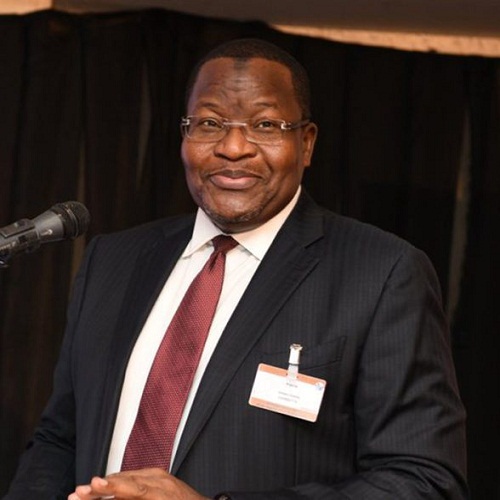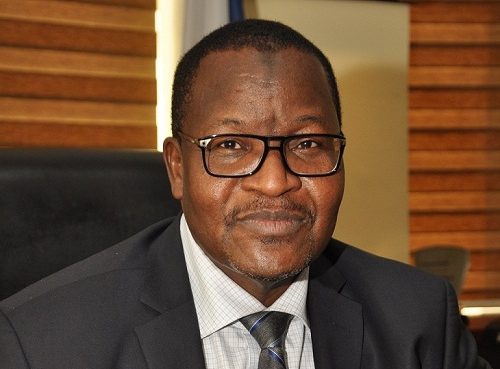After oscillating for about eight months, the country’s teledensity returned to the 100 per cent mark in October. Teledensity is telephone connections per 100 people in a specified geographic area. Teledensity is often used to compare the level of access to voice and data communications services between metropolitan and rural areas, or between one country and another.
Subscription statistics from the Nigerian Communications Commission (NCC) for October, released at the weekend, confirmed the rise in telephone reach, putting it at 100.56 per cent.
The country’s teledensity fluctuated between 100.6 per cent in May 2020 and 100.8 per cent in March 2021. It must however be mentioned that there were periods between May 2020 and March 2021 that the teledensity rose to about 108.9 per cent, specifically in October and November 2020.
Analysis of the statistics showed that from April to September 2021, teledensity plummeted. Specifically, in April, it was 98.86 per cent; May 97.98 per cent; June 98.28 per cent; July 98.39 per cent; August 99.18 per cent and September 99.98 per cent.
It is noteworthy that the period of the fall in teledensity was the time of ban on activation of new Subscribers Identification Module (SIM) cards and reactivation of old ones in the country. Within the same season, the Federal Government equally imposed, compulsory linking of the National Identification Number (NIN) to SIM exercise on Nigerians. During this period, the telecoms operators lost over 15 million SIMs.
Also, despite the fragile growth in the teledensity, many communities are yet to have access to basic telephone services. The NCC explained that there are still 114 access gaps, where some 25 million Nigerians reside without any telephony privileges.
Further analysis of the statistics showed that between September and October, the quartet of MTN, Globacom, Airtel and 9mobile added 1,097,700 new customers to the network. Subscriptions rose from 190.8 million in September to 191.9 million a month after. But there was a notable drop in broadband users.
While Internet usage via the narrowband increased by 112,101 within the period as the figure rose from 140.2 million to 140.3 million, broadband users fell from 40.01 per cent in September to 39.8 per cent with 219,002 customers dropped from the radar. The number of users went from 76,365,158 to 76,146,156.
MEANWHILE, the Executive Vice Chairman of NCC, Prof. Umar Danbatta, has said that continuous dialogue between the regulator and its various licensees is central to finding lasting solutions to issues negatively impacting licensees’ compliance with extant regulations and challenging the growth of the telecoms industry.
Danbatta stated this during the second edition of NCC’s 2021 Talk to The Regulator (TTTR) forum held in Lagos, over the weekend. The theme of the discourse is, “Improving Stakeholders Satisfaction.” The Lagos edition of the programme followed the successful hosting of a similar dialogue in Kano on October 16, 2021.
The objective of the forum is to get direct feedback from licensees on how the Commission, as a regulator, is meeting licensees’ expectations.
The programme was also designed to identify areas for regulatory improvement, highlight areas where licensees are defaulting, as well as address critical industry challenges undermining the full accomplishment of the set objectives for consolidating the gains in the telecoms sector.
According to Danbatta, who was represented at the forum by NCC’s Executive Commissioner, Stakeholder Management, Adeleke Adewolu, the forum is organised in keeping with the Commission’s commitment to continually ensure regulator-licensee interactions to develop collaborative solutions and implementation programmes to the challenges of the telecom ecosystem.
“The Nigerian Communications Act (NCA, 2003) invests the NCC with powers and responsibilities for the regulation of both the technical and market-related aspects of telecoms infrastructure and services in Nigeria. We consider our role as a regulator very vital to ensuring industry sustainability because NCC considers consultation as the lifeblood of regulation” the EVC emphasised.
The EVC also declared that “we have consistently deployed stakeholder engagement tools like public enquiries, private invest.
Source: Guardian










